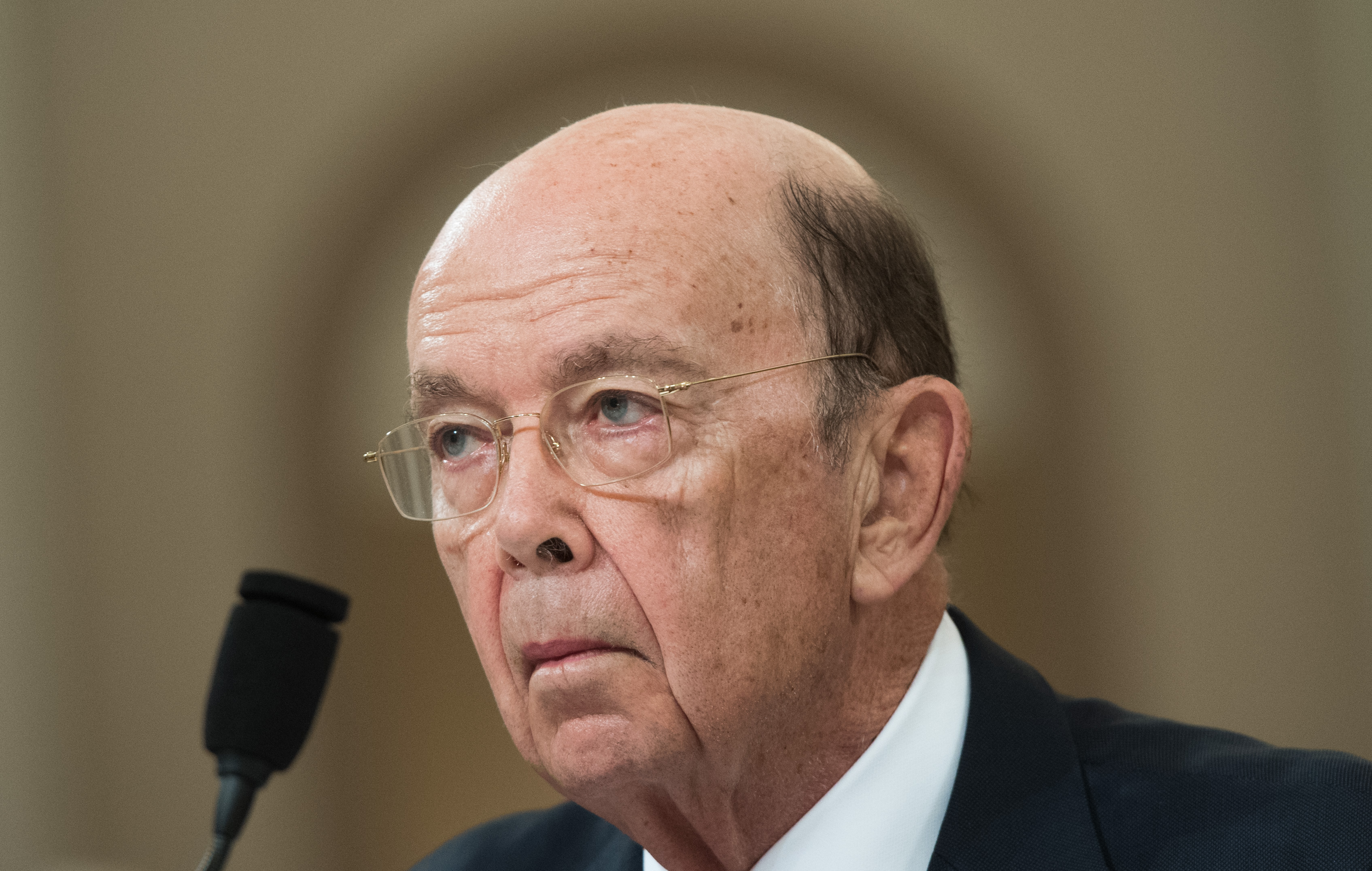US to impose steel, aluminum tariffs on EU, Canada, Mexico
Photo: () | ©AFP
Washington (AFP) – The United States said Thursday it will impose harsh tariffs on steel and aluminum imports from the European Union, Canada, Mexico at midnight (0400 GMT Friday), prompting threats of retaliation by angry allies and trading partners.
The announcement by Commerce Secretary Wilbur Ross also cast a long shadow over a meeting of finance ministers from the world’s Group of Seven top economies, which opens later in the day in Canada.
Ross said talks with the EU had failed to reach a satisfactory agreement to convince Washington to continue the exemption from the tariffs imposed in March.
He said the exemption granted Canada and Mexico also will be removed because negotiations to revise the North American Free Trade Agreement are “taking longer than we had hoped” and there is no “precise date” for concluding them.
A presidential proclamation confirmed the imposition of import duties of 25 percent on steel and 10 percent on aluminum starting Friday.
Despite weeks of talks with his EU counterparts, Ross said the US was not willing to meet the European demand that the EU be “exempted permanently and unconditionally from these tariffs.”
“We had discussions with the European Commission and while we made some progress, they also did not get to the point where it was warranted either to continue the temporary exemption or have a permanent exemption,” Ross said.
Mexico immediately announced retaliatory measures, while the EU promised to do likewise “within hours.” Brussels previously threatened to slap tariffs on US products including bourbon, motorcycles and blue jeans.
– Talks can continue –
Ross downplayed the threats of retaliation from those countries, and said talks can continue even amid the dispute to try to find a solution.
And he said President Donald Trump has the authority to alter the tariffs or impose quotas or “do anything he wishes at any point” — allowing “potential flexibility” to resolve the issue.
Trump imposed the steel and aluminum tariffs using a national security justification, which Ross said encompasses a broad array of economic issues.
Ross said Trump was living up to his campaign promises.
“There are quite a few prongs to his approach to trade. The overwhelming objective is to level the playing field,” Ross said, including getting rid of trade barriers, protect intellectual property and stop forced technology transfers.
That is the key issue at the center of the continuing dispute with China, which the White House said will face 25 percent tariffs on $50 billion in goods as a way to pressure the country to protect US technology.
Ross said he plans to travel to Beijing Friday to continue talks aimed at finding a solution to the trade friction.
The latest round of negotiations had been in some doubt after the White House announced it was planning to go ahead with the punitive action against China, just days after announcing the tariffs were “on hold” while talks were underway.
– Not a gunfight –
EU chief Jean-Claude Juncker said the 28-nation bloc “will announce in the next coming hours counter-balancing measures” in response to the US action. Multiple EU officials had warned the US would face stern action if the tariffs were imposed.
French Economy Minister Bruno Le Maire said, “World trade is not a gunfight at the O.K. Corral,” referring to a 1957 western movie.
“It’s not everyone attacking the other and we see who remains standing at the end,” he said, declaring that the stiff taxes would be “unjustified, unjustifiable and dangerous.”
German Chancellor Angela Merkel said the EU would respond in a “firm and united” manner to the tariffs.
The Mexican economy ministry announced equivalent tariffs on US goods ranging from steel to lamps to apples, “up to an amount matching the level of impact” from the US tariffs.
“Mexico deeply deplores and condemns the decision by the United States to impose these tariffs,” it said in a statement. “Mexico has stated repeatedly that this type of measure, based on national security, is neither appropriate nor justified.”
Canada Foreign Affairs Minister Chrystia Freeland said before the announcement that Ottawa also would hit back and called Washington’s national security rationale “frankly absurd.”
Meanwhile, South Korea negotiated a steel quota, while Argentina, Australia and Brazil have arranged for “limitations on the volume they can ship to the US in lieu of tariffs,” Ross said.
“We believe that this combined package achieves the original objectives we set out, which was to constrict imports to a level to allow those industries that operate domestically to do so on a self-sustaining basis going forward.”
Disclaimer: This story has not been edited by Siliconeer and is published from a syndicated feed. Siliconeer does not assume any liability for the above story. Validity of the above story is for 7 Days from original date of publishing. Content copyright AFP.


